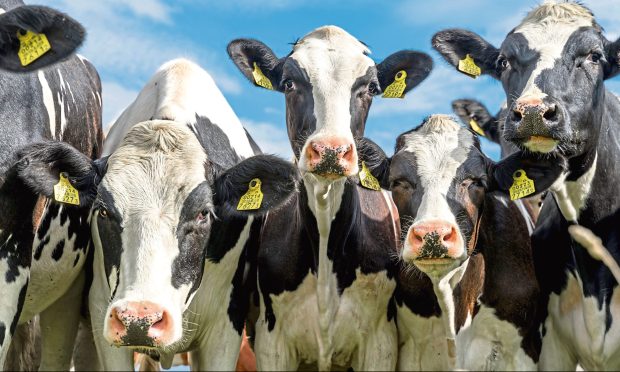Dairy farmers have been advised to implement technical efficiency measures and reduce their carbon footprint now instead of waiting for policy to catch up.
That was one of the take-home messages delivered to producers who attended a “chewing the cud about dairy, cows and carbon” event run by SAC Consulting, where farmers were offered advice on improving soil health, nutrient management planning, calf rearing, feed efficiency, and renewables opportunities.
Agricultural economist Steven Thomson said that dairy farmers were further down the track with implementing technical efficiencies than other farming systems and should be acknowledged for it.
#foodandfootprint | More and more businesses that we work with are looking not just for #carbon audits or life-cycle analysis, but full #sustainability assessments to inform their #environmental, social and governance performance#RebeccaAudsley explains: https://t.co/aOzvRtpIYk pic.twitter.com/Q2m8kBBQXz
— SAC Consulting (@ConsultingSAC) October 7, 2022
“Many dairy farmers are addressing soil compaction, methane production, feed efficiency ratios, calving at two years old, looking at reduced mortality levels, all of these elements help you reduce your carbon footprint, and those are the types of measures that the Scottish Government is looking at,” he said, adding that some of these would feature as future payment conditions.
“Many of you are already achieving these conditions, which is why all the discussions I am having with the Scottish Government are about recognising those that are already achieving.”
Dairy farmers advised to ‘get ahead of the curve’
Dumfries and Galloway-based consultant Lorna Galloway also pointed out that agricultural policy shifts would soon become part of routine compliance with regulations.
“My advice to you is to get ahead of the curve and get to grips with the information you are going to be gathering before we are in a position where it is compulsory,” she said.
SRUC dairy nutritionist Professor John Newbold warned that feed additives would not be a magic solution in reducing emissions but could be part of a wider set of tools in their armoury.
He spoke of a new additive which should be available in the UK in 2023 called Bovaer which is already being rolled out in Europe and has been found to reduce methane emissions in dairy cattle by 30%.
The workshops took place at Culscadden Farm, where Peter and Sarah Simpson have built up their milking herd to 1,000 cows.
Ms Simpson said: “Climate change is important to us and we have a role to play.
“We see real opportunities that we can provide by producing a climate-friendly solution to what the supply chain requires.”

Conversation